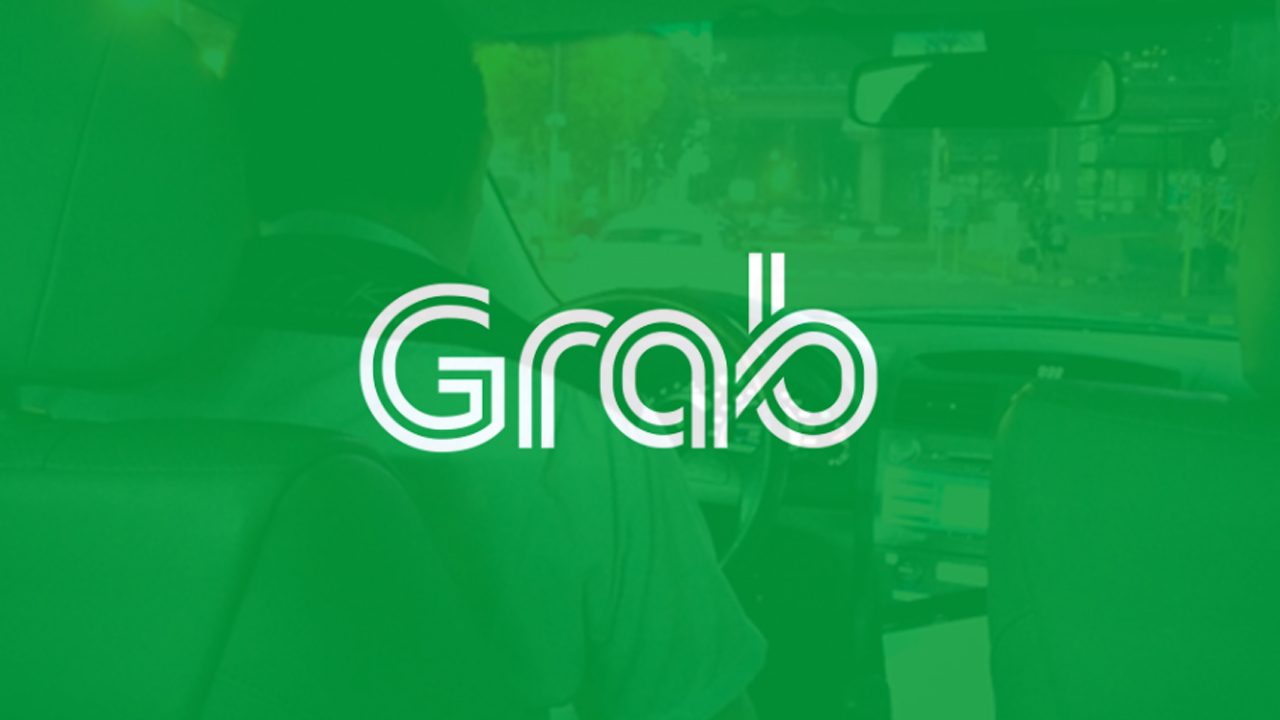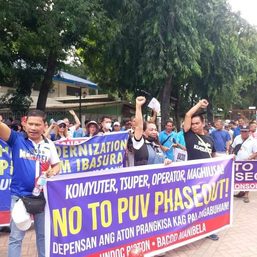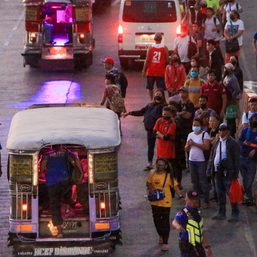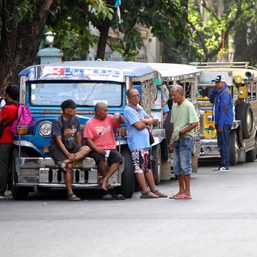SUMMARY
This is AI generated summarization, which may have errors. For context, always refer to the full article.

MANILA, Philippines– State regulators have given ride hailing app Grab five days to submit its data on the number of times they reportedly charged a minimum of P85 for “short trips,” a rate that has yet to be approved.
On Thursday, January 12, the Land Transportation Franchising and Regulatory Board (LTFRB) Chairman Teofilo Guadiz III said that there should be a set of parameters for the price. Surge prices should also not be dependent on one company alone, or demand or supply.
Last year, the LTFRB set the minimum fare for taxis and sedan-type ride hailing services to P45; P55 for larger vehicles, and P35 for hatchback-type vehicles.
Grab then computes the final fare depending on the destination and demand for ride hailing services in the area where the passenger is located.
“While it is true that the party has the mechanism, it is still the government that exercises regulatory functions and defines when they can impose an increase. What we would like to establish is what time they can impose an increase and in what areas they can make the increase,” Guadiz said.
The LTFRB held a hearing last Tuesday, questioning Grab for the computation for its “surge fees” and “short trip” rides.
“There will be no more hearing on this issue. We have already asked them to submit their position paper and that’s when we will come up with a decision,” he added.
In a statement, Grab Philippines said that it respects the LTFRB’s view on its surge pricing mechanism.
“We believe that further regulating surge pricing beyond caps/existing regulation must be approached very carefully to protect and support all transport stakeholders, including the riding public. We are one with the LTFRB in providing our commuters with a safe, reliable, and cost-effective means of transportation, and we will review this matter directly with our regulators,” Grab said.
This is not the first time that Philippine government pressed the car booking service on how it computes its fares.
In other countries, ride hailing services are positioned to cater to middle-income and affluent markets, with the likes of Uber even offering luxury cars as alternatives to the typical taxi.
But with Manila’s transportation crisis, transport analysts have repeatedly noted that Grab is catering to a mass market.
In 2022, prices of passenger transport services went up an average of 5.6%. –Rappler.com
Add a comment
How does this make you feel?





There are no comments yet. Add your comment to start the conversation.